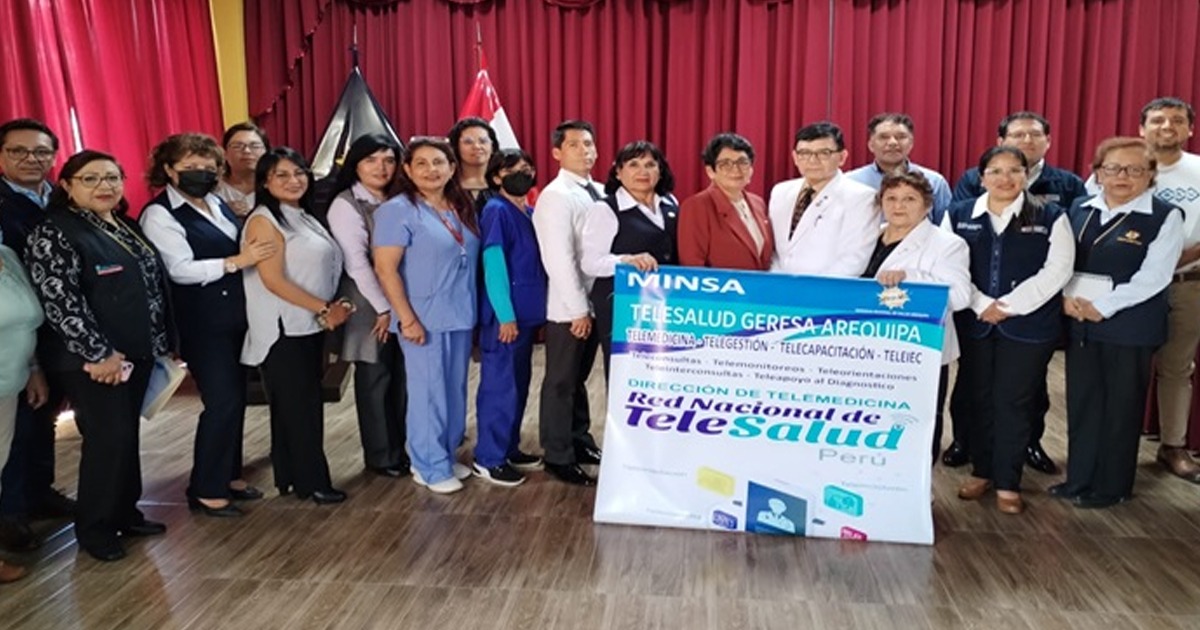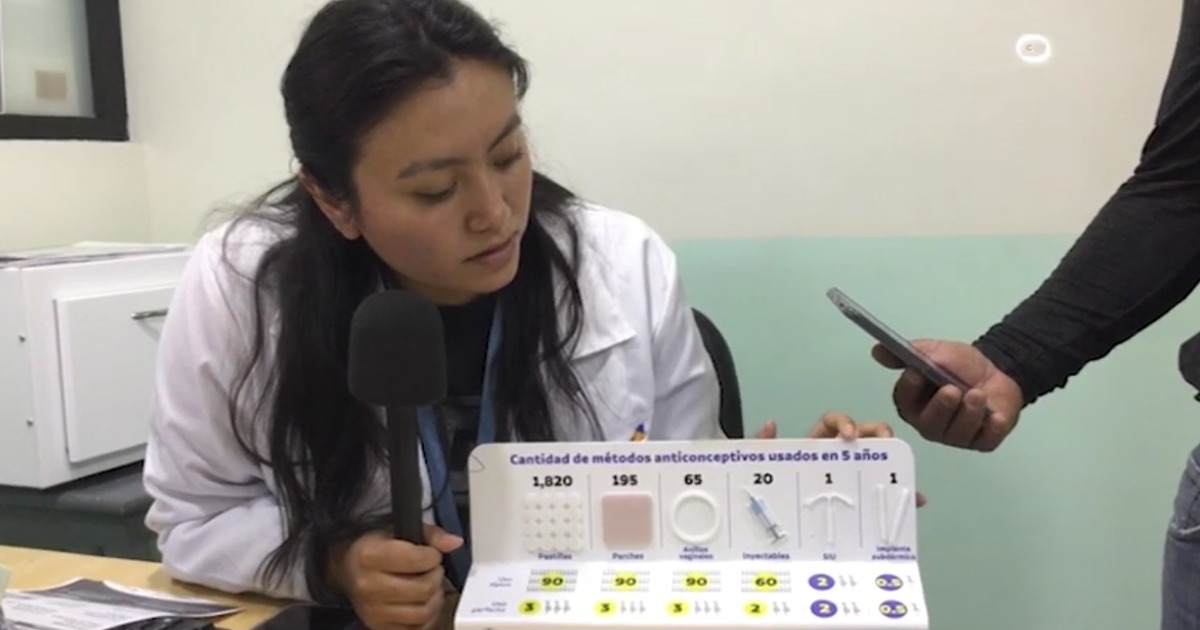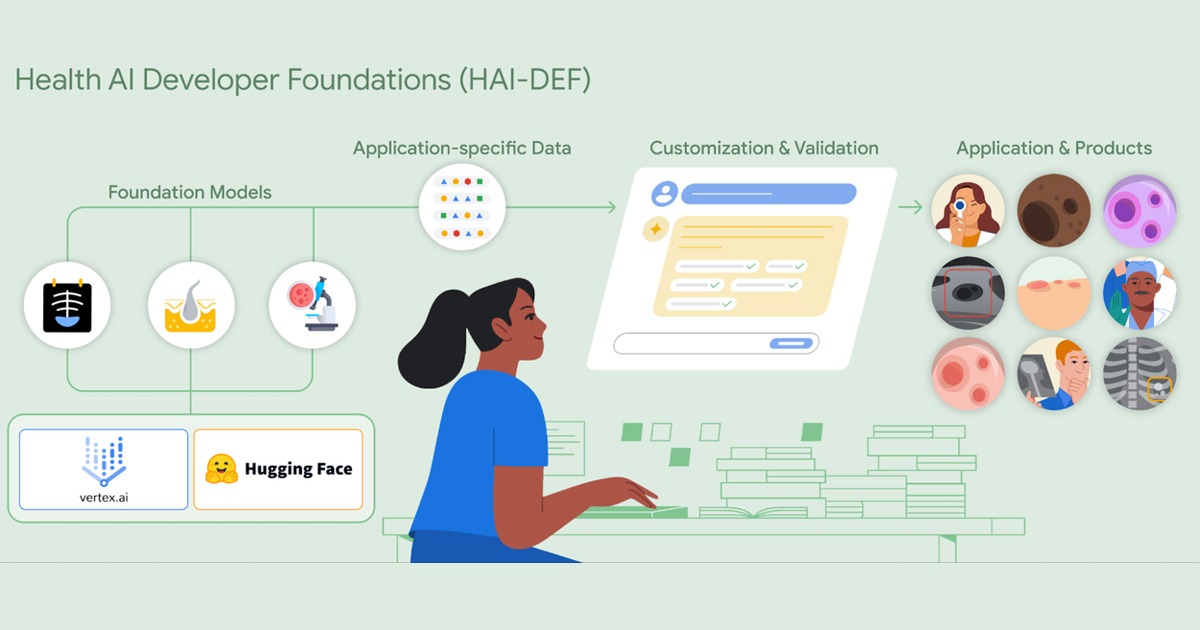Artificial intelligence has been positioned as a benchmark of quality and confidence for medical exercise by providing flexible programming to any environment and circumstance that arises.
Today, new technologies have been propagated to increase the functions and possibilities offered by health systems and services, as they streamline operating methods; speed and constancy in daily work.
Artificial Intelligence, applied in the field of digital health, offers certainty and safety to doctors as they rely on it to improve their activities; as if they had a personal assistant capable of recognizing data, grouping it, making decisions, and learning patterns just by analyzing the situation.
The use of Big Data has been proven to enhance skills in specialized areas such as surgery, strokes, cardiac and cancer, expanding the potential of virtual interaction over the satisfactory results of any operation in real time and without margin for error.
"Today, it is already possible, for example, with machine learning – a technology derived from artificial intelligence where the machine learns autonomously from its mistakes – to predict future events such as the presence of high-risk coronary plaques, to select patients to perform endovascular treatments reducing the risk of bleeding, or to estimate the extent of the sequel after an ACV (cardiovascular accident)" was what Dr. Pedro Lylyk, president of the SIMI Congress 2019 strengthened.

In Latin America, these intervention alternatives are being adopted to ensure a breakthrough in the digital and access gap of the medical community because of few public policies that more frequently safeguard this new digital health methodology.





